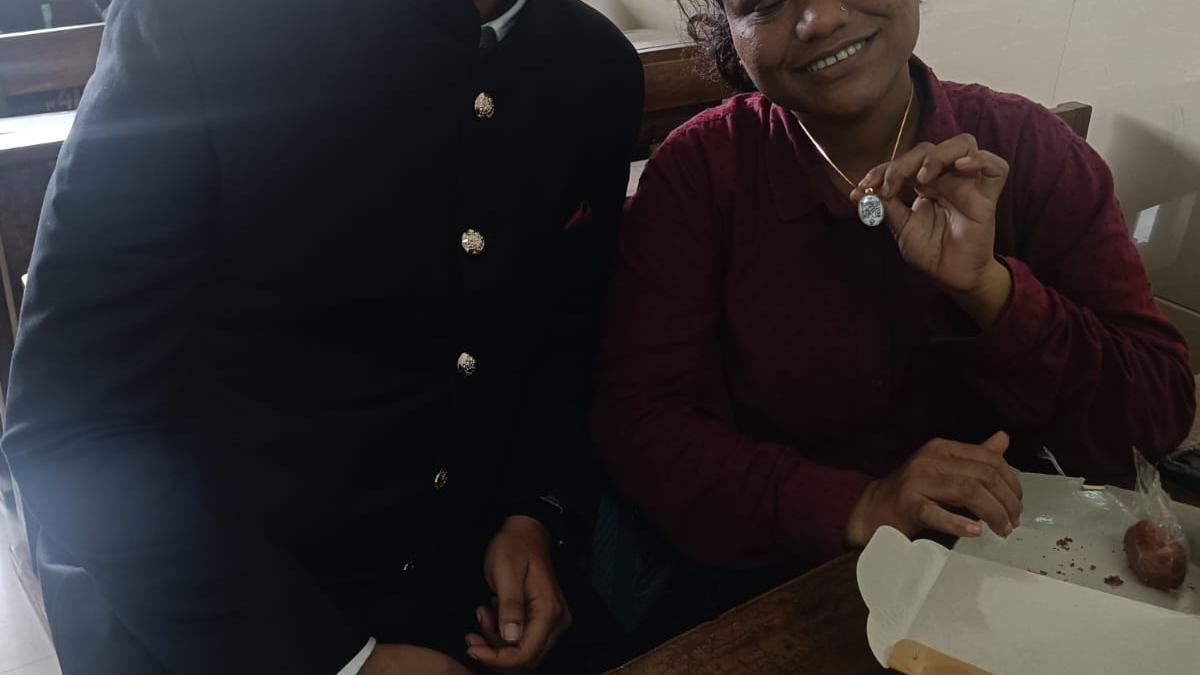
Lockets with QR code to make it easy in tracking people with dementia
The Hindu
Wearable lockets with QR code to help track people with dementia and those with special needs
Giving wearable technology a new, helpful twist, Mumbai-based date engineer Akshay Ridlan has designed pendants with scannable QR codes. Named Project Chetna the pendants are intended to ensure the safety of the elderly and those with special needs.
Project Chetna leverages cutting-edge QR technology to create wearable pendants that contain crucial personal, medical, and emergency information for individuals who may require assistance.
According to Akshay Project Chetna is not just about creating a product, it is also about fostering awareness and compassion within communities. He and his team want to raise awareness about the solution, with the goal of reaching as many families.
The inspiration behind Project Chetna is personal. Akshay recalls a heart-wrenching incident where a close friend’s father, diagnosed with dementia, went missing, leaving their family in turmoil. Akshay adds, “When my college professor began to experience memory loss, I started emphasising on the importance of providing timely support to those in need. Every year close to one crore children go missing in India. These are enough reasons for me to decide on making pendants with QR tag.”
This is not the first time Akhay made QR-based pendants. Earlier this year he introduced QR code tags for street dogs for the ease of feeders to track them.
Lockdown and digitalisation gave this post-graduate in Information Technology the idea of QR (Quick Response) codes that can be accessed on the mobile phone. “From making payments to accessing menus, everyone was scanning codes with their phones, so I first made the QR tags for pets and decided to design something similar for humans, especially the aged and those with special needs,” says Akshay.
This time he has added an extra feature to these lockets. When scanned the registered family members gets a notification of the locket being scanned along with the IP address of the scanner.

KTM has reinforced its middleweight ADV portfolio in India with the introduction of two distinct offerings — the updated KTM 390 Adventure X and the globally-spec KTM 390 Adventure Enduro R. While the former caters to long-distance touring enthusiasts now seeking more value and tech, the latter is purpose-built for riders who demand uncompromised off-road performance, rooted in Dakar DNA.

 Run 3 Space | Play Space Running Game
Run 3 Space | Play Space Running Game Traffic Jam 3D | Online Racing Game
Traffic Jam 3D | Online Racing Game Duck Hunt | Play Old Classic Game
Duck Hunt | Play Old Classic Game










